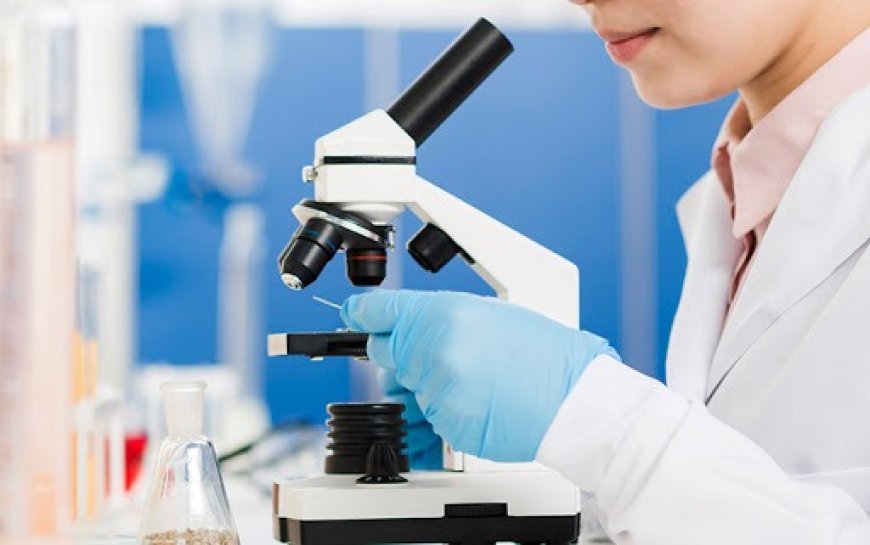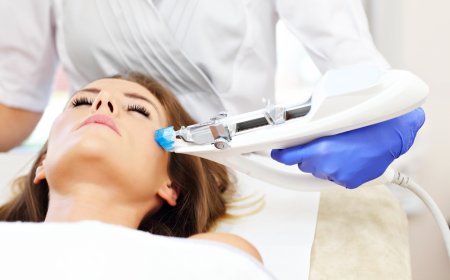Pathology Lab – The Backbone of Modern Diagnostics and Patient Care
From routine screenings to complex diagnostic tests, pathology labs provide the vital data that doctors and specialists need to make informed, timely decisions about a patient’s health.

A pathology lab is an essential pillar of modern healthcare, playing a central role in the accurate diagnosis, prevention, and management of diseases. From routine screenings to complex diagnostic tests, pathology labs provide the vital data that doctors and specialists need to make informed, timely decisions about a patients health.
What is a Pathology Lab?
A pathology lab is a specialized facility that examines biological specimenssuch as blood, urine, tissues, and other bodily fluidsto detect infections, monitor chronic conditions, and diagnose serious illnesses. Staffed by highly trained pathologists, lab technicians, and other healthcare professionals, these labs follow stringent protocols to ensure every test is performed accurately and efficiently.
Key Services Offered at a Pathology Lab
Pathology labs offer a broad spectrum of diagnostic tests that help doctors understand the cause of symptoms, assess risks, and evaluate the effectiveness of ongoing treatments. Common tests include:
-
Hematology: Tests like complete blood count (CBC) detect anemia, infections, bleeding disorders, and blood cancers.
-
Biochemistry: Tests for liver function, kidney health, cholesterol, and glucose to assess metabolism and organ performance.
-
Histopathology & Cytology: Examining cells and tissues under a microscope to detect cancers and other cellular-level abnormalities.
-
Microbiology: Cultures and sensitivity tests to identify infections caused by bacteria, viruses, fungi, and parasites.
-
Immunology and Serology: Tests for immune disorders, allergies, infections like hepatitis, HIV, and other autoimmune diseases.
Why Pathology Labs Matter
A pathology lab is the backbone of diagnostics because:
-
Early Detection: Routine lab tests can catch potential health issues before symptoms worsen.
-
Accurate Diagnosis: High-quality lab testing ensures doctors receive the data they need to diagnose diseases correctly.
-
Monitoring and Prognosis: Follow-up tests help track how well treatments are working and monitor the progress of chronic conditions like diabetes and hypertension.
-
Preventive Health: Many labs offer wellness packages and screenings that help people take proactive measures toward their health.
The Role of Technology in Pathology Labs
Modern pathology labs leverage state-of-the-art technologies like automated analyzers, molecular diagnostics, and digital pathology. These innovations speed up turnaround times and improve the accuracy of test results. Many labs also offer digital reports and home sample collection to make testing more accessible and convenient for patients.
Accreditations like NABL or CAP further ensure that the lab meets the highest standards of quality, safety, and precision.
Conclusion
A pathology lab is more than just a testing centerit is an indispensable part of the healthcare system that empowers doctors and patients with the knowledge to make proactive, informed decisions about health. Whether you need a routine check-up or specialized diagnostic tests, a trusted pathology lab provides accurate, timely, and confidential results that help you stay one step ahead of potential health issues.


























